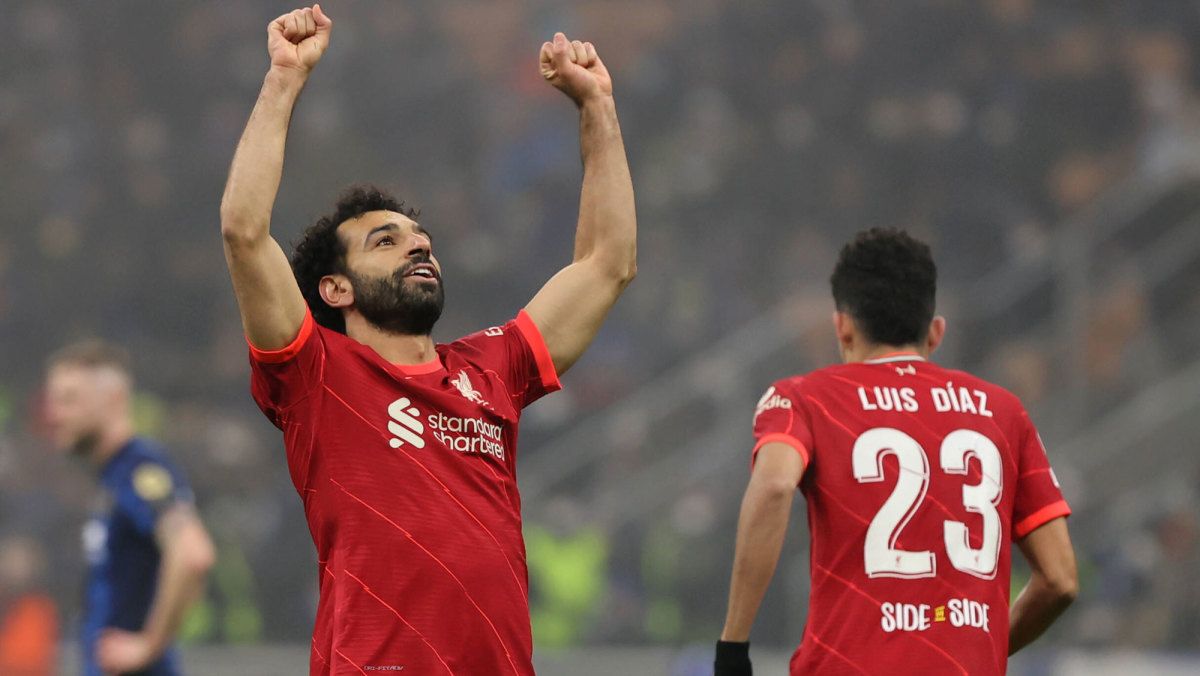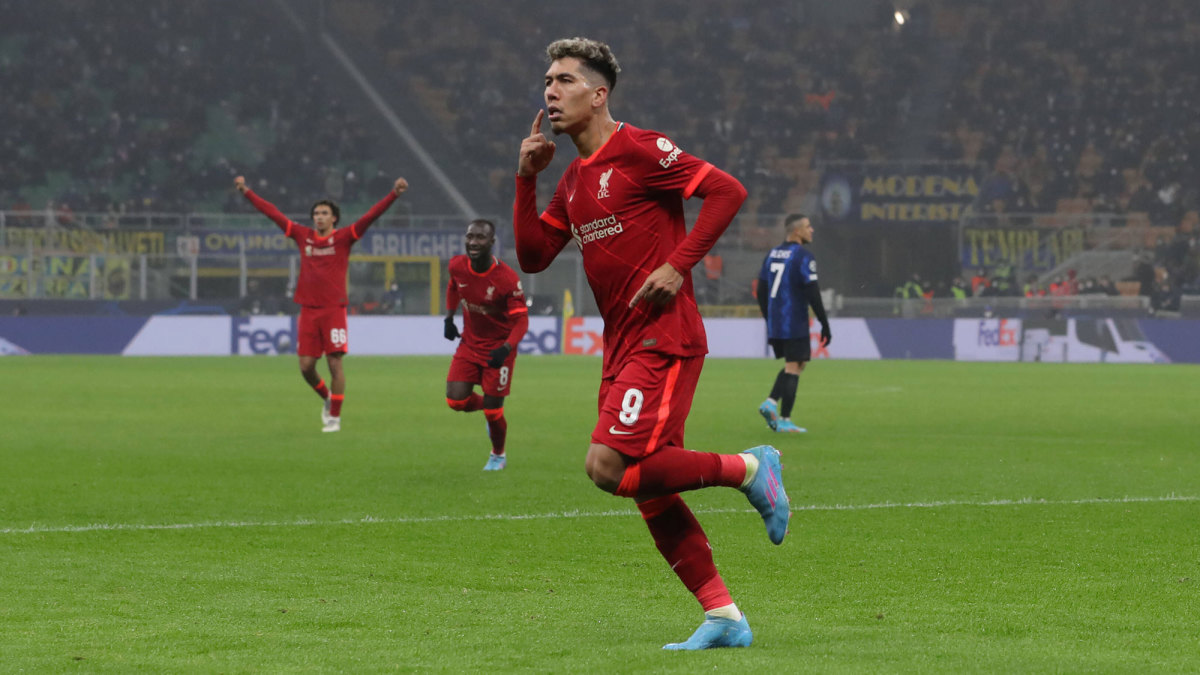What Liverpool's Champions League Win at Inter Says About Its Depth, Character

Jürgen Klopp observed last week that this is the strongest squad he has ever worked with, and it’s probably just as well. Liverpool ended up beating Inter Milan on Wednesday, 2–0, a first-leg lead that should be enough to secure its place in the quarterfinals of the Champions League. But Liverpool was severely tested, and it was only after four substitutions that the game shifted decisively in favor of the Premier League side.
Liverpool, for a brief period after halftime, was rattled. Inter put it under the sort of pressure it rarely faces and, at least initially, it did not respond particularly well. For a time it seemed a shock was possible—although it says much for the respective statuses of the Premier League and Serie A that it would have been considered a surprise for the team second in Italy (and the reigning champion) to beat the team second in England at home.
For a few seasons now there has been a clear physical disparity between Premier League and Serie A sides, but while Inter was at times unsettled by the Liverpool press, it was not blown away by it as AC Milan had been by what was essentially a second-string Liverpool side at the end of the group stage. Indeed, at times, it was Inter who looked the more physically imposing.

That game in December, which Liverpool won far more comfortably than the 2–1 scoreline would indicate, may have suggested Liverpool should dominate Wednesday, but although it had the better of the first half in terms of possession and chances, Inter posed a significant threat on the break, with Hakan Çalhanoğlu hitting the bar after 16 minutes.
The second half was a different matter. Liverpool seemed oddly unnerved by the aggression of the Inter wingbacks, which in turn highlighted an uncharacteristic tentativeness on the part of the Liverpool fullbacks. Ivan Perišić on the left, in particular, was a persistent threat. In the quarter hour after the break, Inter threatened to overrun Liverpool. Liverpool has never lost when Ibrahima Konaté has played, and there were times here when it seemed he was solely responsible for the maintenance of that record.
Although Virgil van Dijk, back now to his best after the knee injury that cost him most of last season, had a fine game, his pace allowing for the high line, teams with more mobile forwards than Edin Džeko may look at this game and see an opportunity. It’s likely Liverpool would play differently against a younger forward, somebody of a different profile, but still the number of times Džeko threatened to run onto balls over the top suggested issues in the press.
Klopp had replaced Diogo Jota (ankle) with Roberto Firmino, but was then forced into a triple change on the hour mark, with Naby Keïta, Jordan Henderson and the new signing, Luis Díaz, coming on for Harvey Elliott, Fabinho and Sadio Mané. Elliott had been a slightly surprising inclusion so soon after his return from injury but despite some neat touches it was clear that Liverpool had greater authority once its captain had come on.
That shifted the balance of the game again. Henderson and Keïta gave Liverpool stability in midfield, while Díaz, who has adapted remarkably quickly to Liverpool after his move from Porto, added a zest to the attack. It may have been the old guard of Roberto Firmino and Mohamed Salah who scored the goals, but the influence of the newcomer should not be underestimated.

Liverpool’s first came with quarter of an hour remaining, as Firmino twisted his body to guide Andy Robertson’s corner across goal and in at the far post. Inter seemed to deflate upon that, and the second was rather scruffy, again originating from a set play. Trent Alexander-Arnold’s deep free kick wasn’t properly cleared, and Konaté did well to get out of Salah’s way as he scuffed in Van Dijk’s knockdown. The nature of the goal will frustrate Inter, which must feel it let a chance slip through its fingers.
This was not Liverpool at anything like its fluent best, but there is a sense in which that made the result all the better. Inter played with a verve and drive that Serie A sides have not always shown recently, and having struggled so badly in those minutes after the break, it says much for Liverpool’s character, and the depth of its squad, that it was still able to pull off a result that should see it through to the last eight.
More Soccer Coverage:
